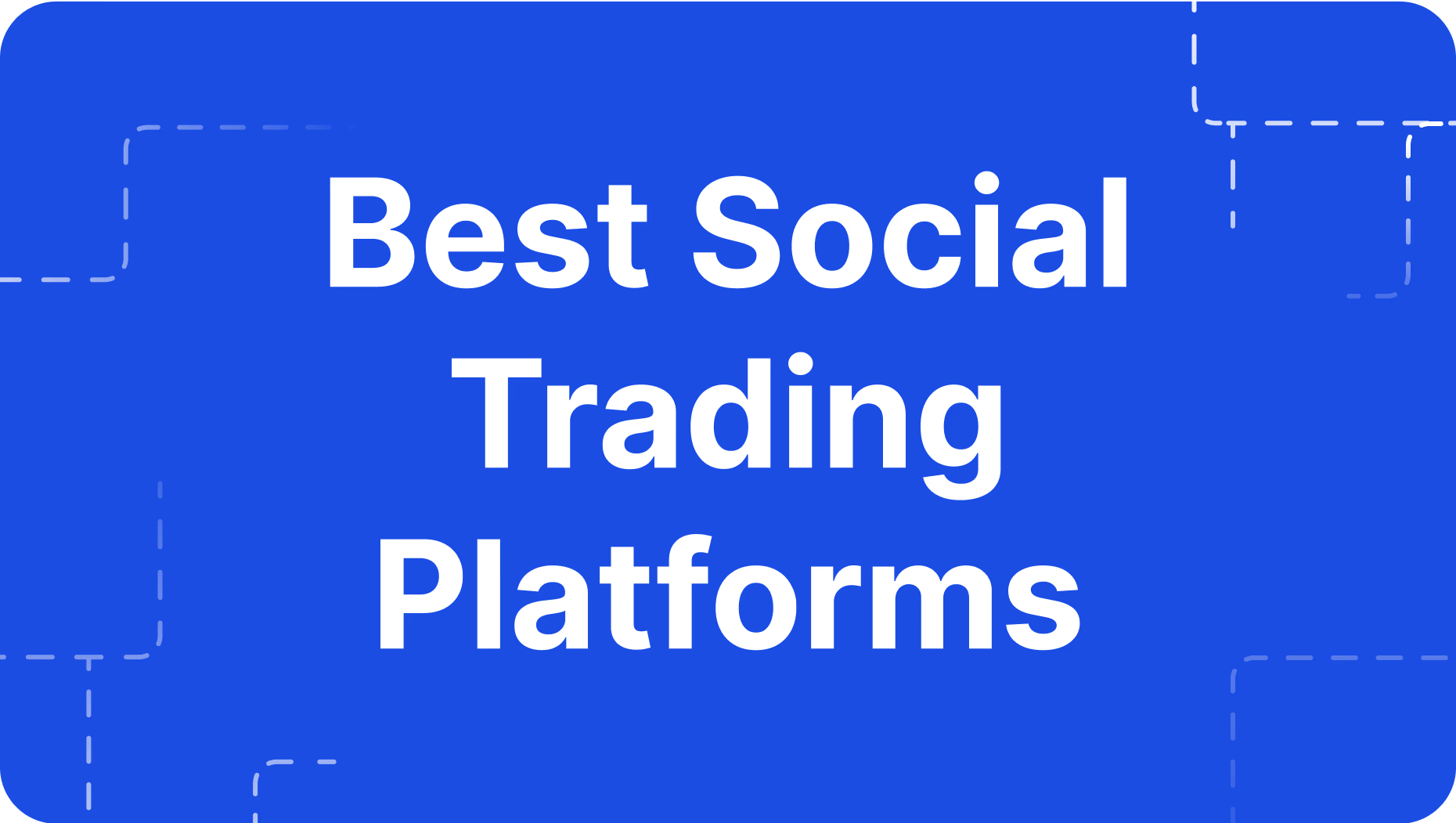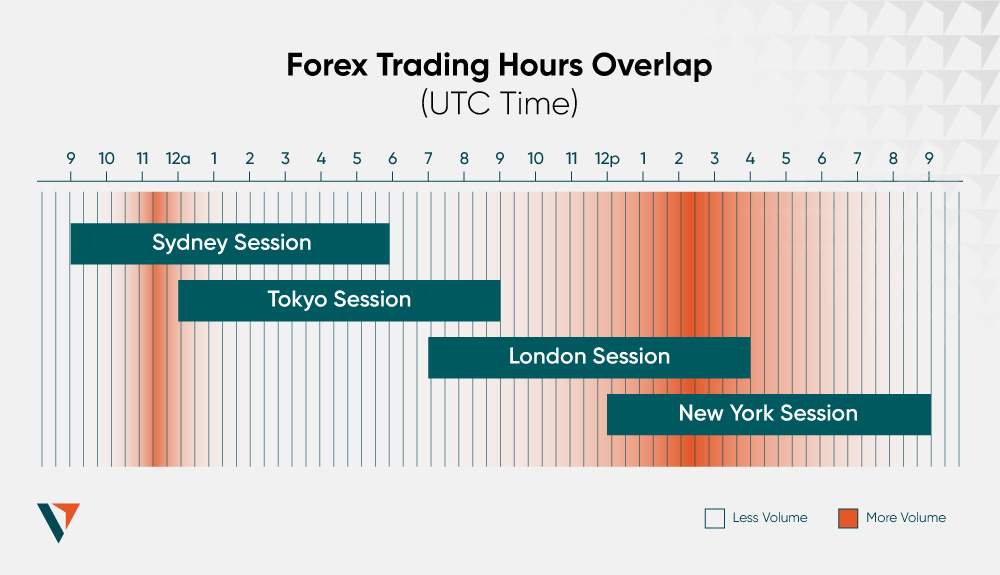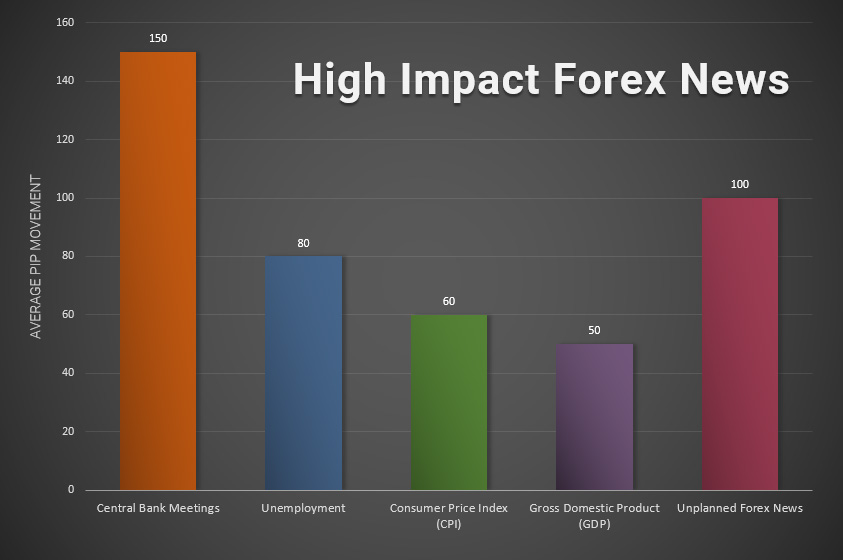Social Trading Platforms for Forex: Complete Details
Introduction
Forex trading has traditionally been a skill-intensive activity, requiring traders to master complex analysis and fast decision-making. However, the emergence of social trading platforms has made forex trading more accessible to beginners and part-time investors. These platforms allow users to learn from, interact with, and even copy trades from experienced traders in real-time.
In this guide, we’ll explore what social trading in Forex is all about, the top social trading platforms, how to choose the best one, and the advantages and risks involved.
What is Social Trading in Forex?
Social trading is a form of investing where traders share their trading strategies, performance data, and market insights on a social platform. It enables other users to observe, discuss, and replicate trades directly from experienced or professional traders.
📌 Key Features:
- Transparency of trader performance.
- The ability to follow or copy traders.
- Social interaction: comments, discussions, feedback.
- Educational benefits for beginners.
Unlike copy trading (a subset of social trading that focuses on automation), social trading emphasizes community, learning, and real-time engagement.
Top Social Trading Platforms for Forex in 2025
Below are some of the best and most trusted social trading platforms for forex traders:
🥇 eToro
Overview:
eToro is the most well-known social trading platform globally. It combines trading, investing, and social networking in one platform.
Key Features:
- CopyTrader: Copy the trades of any public trader.
- CopyPortfolios: Thematic investment strategies managed by eToro.
- Regulated in multiple jurisdictions (FCA, CySEC, ASIC).
- Large and active trader community.
Assets Supported: Forex, stocks, crypto, ETFs, commodities.
Pros:
- Beginner-friendly interface.
- Strong regulatory backing.
- Large selection of traders to copy.
Cons:
- Spreads are relatively higher.
- Limited to its own proprietary platform (no MT4/MT5).
🥈 ZuluTrade
Overview:
ZuluTrade connects traders and investors across multiple brokers. It’s one of the earliest social and copy trading platforms.
Key Features:
- Follower and Leader accounts.
- Profit-sharing model or classic model.
- Available on desktop and mobile.
- Supports multiple brokers and platforms.
Assets Supported: Forex, indices, commodities, cryptocurrencies.
Pros:
- Flexible account settings (risk, capital allocation).
- Detailed analytics on traders.
- Broker integration.
Cons:
- Interface less polished than eToro.
- Requires understanding of trader metrics to choose well.
🥉 Myfxbook AutoTrade
Overview:
AutoTrade is part of the Myfxbook ecosystem, focusing on copying trades from live verified accounts.
Key Features:
- Copy from verified track records.
- Works with multiple brokers (MT4/MT5).
- Advanced stats and portfolio tracking.
Assets Supported: Mainly Forex.
Pros:
- Transparent trading history.
- Institutional-style analytics.
- Uses real, audited performance.
Cons:
- More suitable for experienced users.
- Fewer social features.
⭐ MetaTrader Signals (MT4/MT5)
Overview:
MetaTrader, the most popular forex platform, includes a Signals service allowing users to subscribe to trading signals.
Key Features:
- Thousands of free and paid signal providers.
- Fully integrated with MT4/MT5 terminals.
- Instant execution of trades.
Assets Supported: Forex, indices, crypto (via broker).
Pros:
- Highly customizable.
- No third-party integration needed.
Cons:
- No interaction with signal providers.
- Limited social/community elements.
⭐ NAGA
Overview:
NAGA is a newer social trading platform with a focus on gamified investing and crypto.
Key Features:
- Copy trading with social feeds.
- Supports forex, crypto, and stocks.
- NAGA Wallet and NAGA Coin (native token).
Assets Supported: Forex, crypto, stocks, indices, ETFs.
Pros:
- Integrated crypto features.
- Engaging community design.
Cons:
- Still growing; smaller user base than eToro.
How Social Trading Works in Forex
- Join a Social Trading Platform:
Sign up and complete verification. - Browse Traders or Signal Providers:
View profiles, performance metrics, risk scores, strategies. - Follow or Copy:
Decide to follow for ideas or copy trades directly (manually or automatically). - Monitor and Manage:
Adjust risk settings, withdraw or reallocate funds, switch traders as needed.
Benefits of Social Trading for Forex
✅ 1. Learning Opportunity
Observe and learn from the best. Understand trade rationale, entry/exit points, and risk management.
✅ 2. Time-Saving
You don’t need to analyze markets or monitor charts constantly.
✅ 3. Passive Income Potential
Copy traders can earn without trading actively.
✅ 4. Community Support
Ask questions, join discussions, follow market trends through community insights.
✅ 5. Transparency and Accountability
Most platforms display detailed performance stats, helping informed decision-making.
Risks and Drawbacks of Social Trading
❌ 1. Over-Reliance on Others
Blindly copying traders can lead to losses if not monitored carefully.
❌ 2. Performance Isn’t Guaranteed
Past success doesn’t ensure future profitability.
❌ 3. Complacency
Some users stop learning and rely entirely on copying, missing long-term growth.
❌ 4. Hidden Fees
Some platforms charge copy fees, spreads, or commissions that may eat into profits.
How to Choose the Right Social Trading Platform
| Criteria | What to Consider |
|---|---|
| Regulation | Ensure the platform is licensed and regulated. |
| Reputation | Look for user reviews and longevity in the market. |
| Trader Metrics | Available statistics on performance, drawdown, risk. |
| Asset Variety | Do you want to trade only forex or diversify? |
| Ease of Use | User interface and mobile compatibility. |
| Fees | Understand spreads, commissions, and copy fees. |
Tips for Successful Forex Social Trading
- Research Before Copying:
Don’t just follow the most profitable trader — look at drawdowns and consistency. - Diversify Your Copy Portfolio:
Spread your investment across several traders or strategies. - Start Small:
Test the waters with a small amount before scaling up. - Set Risk Controls:
Use stop loss, capital limits, and monitoring tools. - Engage with the Community:
Ask questions, join forums, and understand market sentiment.
Is Social Trading Legal and Safe?
Yes — when done via regulated platforms, social trading is legal and relatively safe. However, risk management and due diligence are still necessary. Avoid unlicensed platforms or “get-rich-quick” schemes.
Conclusion
Social trading platforms have revolutionized how people access and participate in the forex market. Whether you’re a beginner learning from experts or an investor looking for passive returns, these platforms offer flexibility, transparency, and community engagement.
Just remember: while social trading makes investing easier, it does not eliminate risk. The most successful social traders are those who stay informed, monitor their portfolio, and approach copy trading with a strategic mindset.




